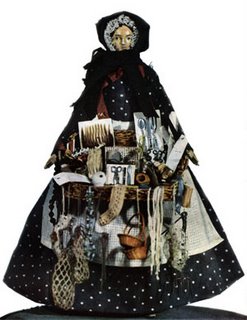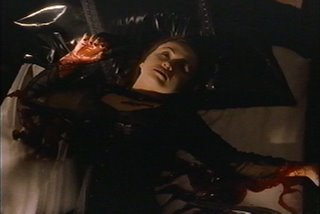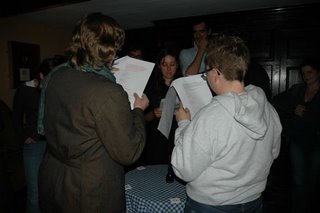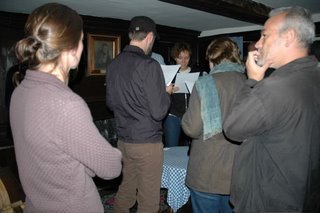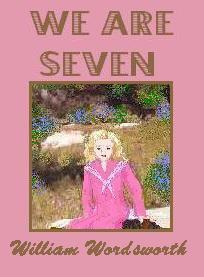As the discussion proceeding Rachel's interesting presentation on the nature of ideas, and how they take from, the conversation moves towards: Ideas in art & creating something with a particular audience in mind…
Pamela Sturgis - You can't create any work of art if you are worried about being criticized, its got to be much more honest than that surely, you make work because you've got to do it. That is why you do it. In the art world there are many different strands, which are tolerated, some strands will be laughed at more one group, others will laugh at other things, ridiculed or criticized…It isn't something you can escape from.
Hamish (A poet in residence) – All sorts of things go on at the same time now where are before that wouldn’t have been the case, in a way it’s quite different…
Ian Cooper- What do you guys think of the idea of doing something for theoretical approval? Or for the theoretical viewer?...
Hamish – I think this is just quite psychological you impress someone in the same way which you might wish to impress your father. Certain figures you try to impress. You all must have figures you admire. I can’t think of anything being achieved without this intense admiration that allows you to follow, at least at the beginning. You must have thought would these people have admired what I’ve done and this must have either encouraged you or…
Rebecca – (a poet in residence)Do different poets, writers and artists and practitioners engage with each other in the states because I don’t think that happens so much there doesn’t seem to be a dialogue in
Hamish - Well art is much more big business, poetry is very very small.
Daphne – Oh really? Well one of my best friends is a poet and I talk to him a lot.
Allison – I think its starts in the schools, in the states a lot of the art world in cantered around the graduate programmes, and those are still very segregated in terms not only of writing and visual art, but even in the visual arts there’s still a great deal of segregation between painting and photography for example, there’s definitely cross germination and dialogue though
Hamish – I don’t know about segregation though, its just people do different things. The art world is surely so much bigger, the consumption of images, they always have. Poetry is connected to literacy, and that’s always been very small. Poets are addressing very small numbers of people. Compared to the number of people who are potentially buying paintings.
Ian – I think the main difference may not be the media but the direction of ideas or for a superficial idea of the subject matter or something because there are a lot of writers that are not only writers in their own right but are also involved in the art world in some ways. And a lot of it is sort of alignment. Just thinking of the seven of us, all our practices are ridiculously different, we are all here as artists 'we are seven', who is to say that making a video, or object should be in the same field. The fact that poetry has been separated from visual art, artists make text pieces, I think it’s more about an alignment of beliefs and ideas. We all draw from the same well of ideas, I am not close with that many painters for instance, and maybe I don’t share a lot of the same pools. We don’t have the same dialogue as I do with someone like Adam P.
Hamish - Of course poetry is only a small part of writing, it’s a peculiar art in the world of writing I suppose. There’s something we were saying earlier about everything happening at the same time. The truth of Romanticism, the French revolution, the idea behind it was that man, nothing determines destiny except himself, one’s destiny is political one can select and chose it ones self. This slowly sort of permeates through. The variety of practice you are commenting on, everyone chooses what they can do and so it reflects that dawning of truth that there’s nothing actually telling you what to do. And on the other hand they lose any sense of being absolute or final towards some greater end, there isn’t. So you get an odd compromise.
Allison – So for you in your work does that, is there something about that kind of state of thinking that you attach yourself to in terms of being a poet? Now in this day and age when not only there are so many options, everything’s so liberal as you say, homogenized, there is a movement in poetry there’s many different streams of thought. Is there something Romantic for you? Knowing that it’s for this very small audience and the history in that…
Hamish – You mean is it a nostalgia in me that drives me to do it?
Allison – Sure, yes.
Hamish – No I don’t think it is because…no no it’s not a nostalgia, I wouldn’t say that no. What it is I don’t know.

